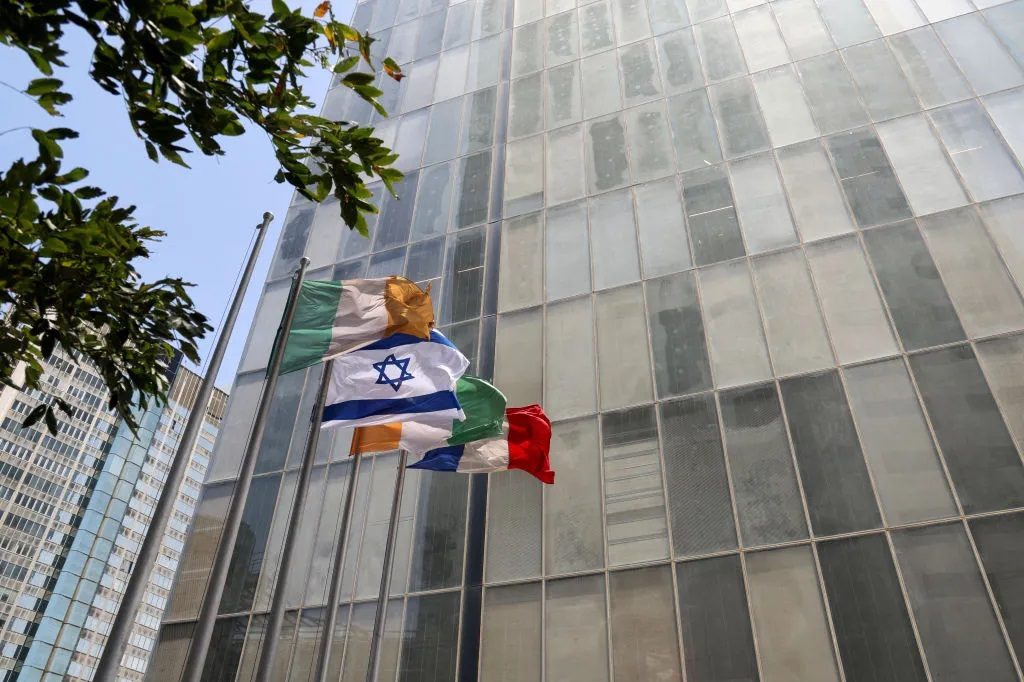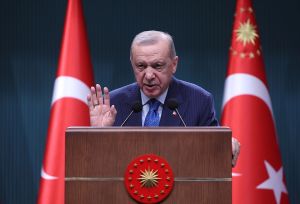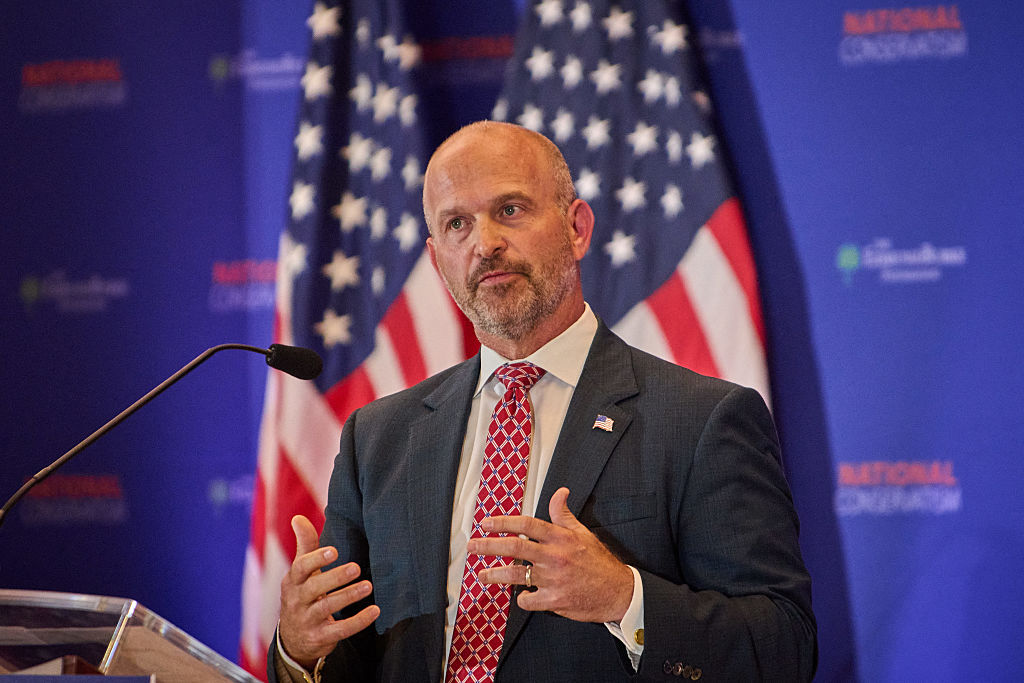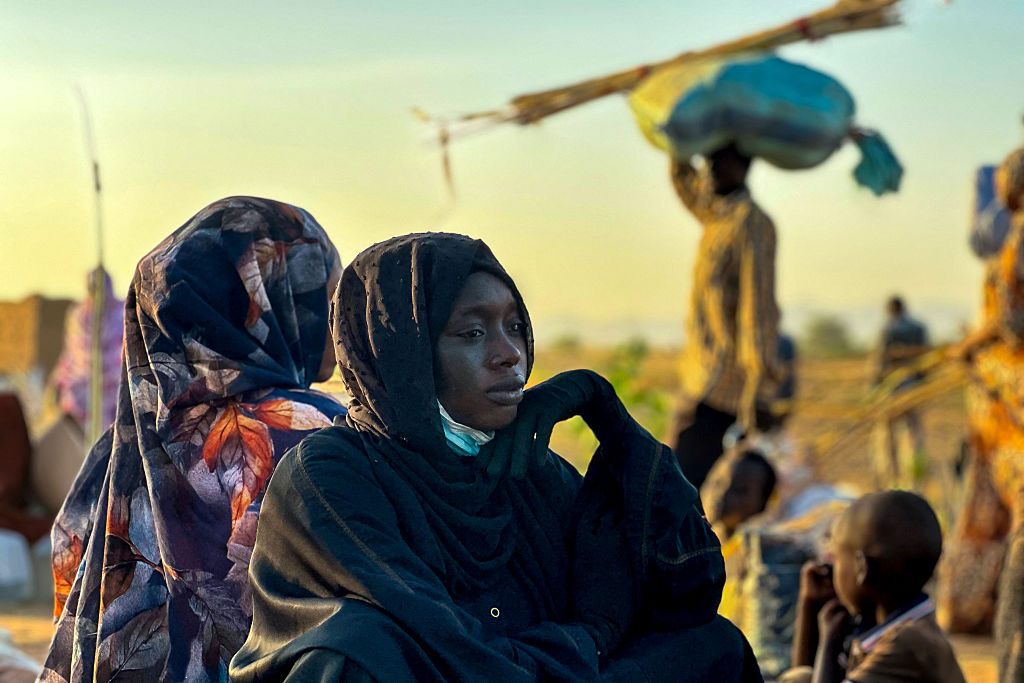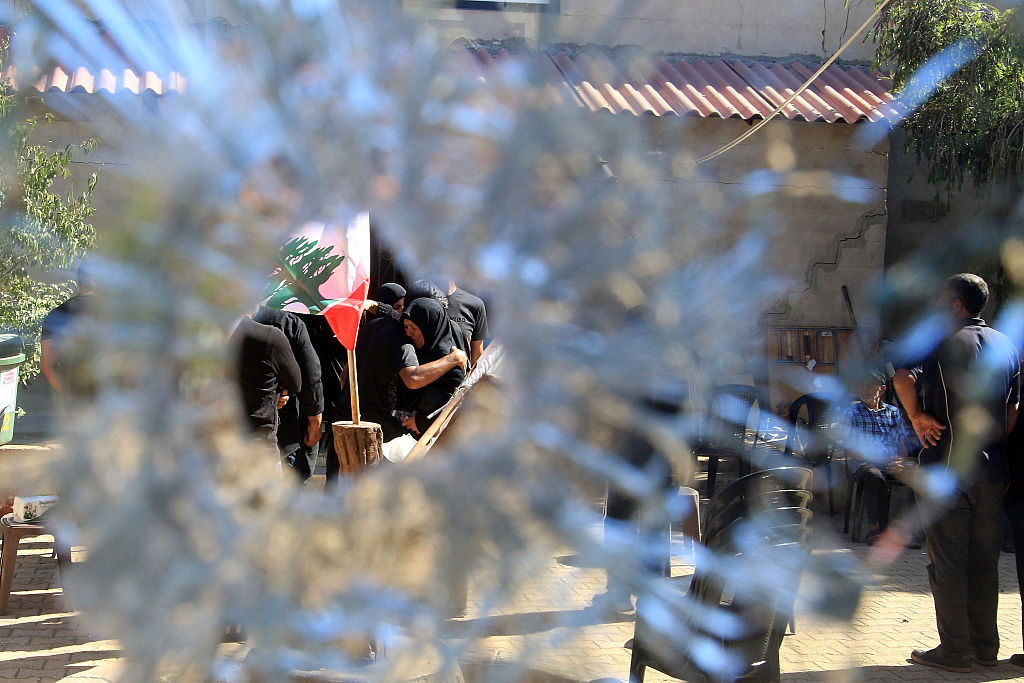’Tis the season of goodwill to all men. Except for the Irish and Israelis, that is, who have seen their already frosty relationship plunged into positively freezing temperatures this weekend with Israel’s decision to close its embassy in Dublin.
Sunday’s announcement was unusually stark in diplomatic terms, but it reflects the growing resentment and, at times, genuine confusion felt by many politicians and diplomats in Jerusalem and Dublin about what they see as Ireland’s unfairly pro-Palestinian position since October 7.
From the president downwards, there has been a hostility to Israel that is genuinely unprecedented in Irish political life
According to Israel’s foreign minister, Gideon Sa’ar, “Ireland’s extreme anti-Israel policy” had reached the point where maintaining the embassy on Dublin’s Shelbourne Road had simply become untenable.
As Sa’ar put it: “The antisemitic actions and rhetoric that Ireland is taking against Israel are based on delegitimization and demonization of the Jewish state and on double standards.”
In a quite extraordinary broadside, he then continued: “Ireland has crossed all red lines in its relationship with Israel. Israel will invest its resources in promoting bilateral relations with the countries of the world according to priorities that are also derived from the attitude of the various countries involved with it.”
The response from Taoiseach Simon Harris was predictable. His bland and dismissive reply could have been generated by AI: “This is a deeply regrettable decision by the Netanyahu government. I utterly reject the assertion that Ireland is anti-Israel. Ireland is pro-peace, pro-human rights and pro-international law.” Of course, you would be hard pressed to find any country in the world which doesn’t claim to be “pro-peace, pro-human rights and pro-international law.”
Ironically, Ireland’s very approach to international law was the straw that broke the camel’s back for Israel and convinced it to close down its Dublin operation. Earlier t week, Ireland, alongside that other titan of human rights and international law, South Africa, announced they would petition the International Court of Justice to “broaden” the terms of genocide so that it can be more easily applied to Israel’s military actions in Gaza.
According to Tanaiste and foreign minister Micheal Martin, the Irish will ask the court to widen “its interpretation of what constitutes the commission of a genocide” because as the law currently stands, “a very narrow interpretation” is required to meet the legal threshold.
The move came after months of Irish politicians using the Daíl as a Gaza debating chamber, when voters would prefer them to concentrate on more mundane matters such as the housing crisis or the rapidly escalating problems posed by immigration. There have been daily accusations of genocide leveled against the Israelis, forcefully echoed by the government itself.
Micheál Martin argues that the ICJ’s definition of genocide isn’t as evolved as the Irish one: “Ireland’s definition of genocide is one… that prioritizes the protection of civilian life.”
Martin is far from a stupid man. Does he really expect the world to accept the dismally fuzzy logic which proclaims any conflict with civilian casualties is a genocide? Or perhaps, and this might be closer to the nub of the matter, is it only a genocide when Jews are involved in the fighting? After all, apart from the usual meaningless platitudes which the Irish excel at, they have been silent about any apparent “genocide” in Syria, Sudan, Yemen and elsewhere where the actual mass slaughter of civilians has been taking place.
Then there is, of course, the added insult that by expanding the meaning of genocide, you’re ultimately minimizing the gravity of the Holocaust, which is where the word “genocide” was born.
Irish politicians and officials will have been aware of this, but they chose to press on regardless.
The Israeli ambassador to Ireland, Dana Ehrlich, was recalled to Jerusalem in May, after Ireland recognized the state of Palestine. When he gave the green light for this, Harris was quick to insist that the decision was in no way a “reward for terrorism.”
Last week, Hamas officially “welcomed” the Irish petition in the ICJ and urged other countries to follow other moves “to intensify any pressure against the Israeli enemy.” Sadly, Harris’s reaction to Hamas congratulating him remains unrecorded.
The decision by the government to finally drop any pretense of neutrality and effectively declare diplomatic war with Israel will come as no surprise to anyone who has been looking at Irish politics, particularly in the last year.
From the president downwards, there has been a hostility to Israel that is genuinely unprecedented in Irish political life. During last month’s pre-election leader’s debate, which was televised on RTE, all ten party leaders agreed with each other on the need to boycott Israel. Nobody seemed to find such group think concerning.
So the Israelis are now packing their bags in Dublin. Presumably at a later date the Irish will return the favor and we will be diplomatically separated from a country which should be our strongest ally in the region.
This is bad news for Irish trade — we need Israeli chip technology more than Israel needs Irish butter — but it promises to be even worse news when the ardently pro-Israel Trump takes power in the US in January.
With J.D. Vance already warning the Irish ambassador about the possibility of sanctions if hate speech laws are introduced, and with fears of a mass exodus of American corporations from Ireland during a Trump presidency, the Irish government is playing a jaw-droppingly bad long-term game.



